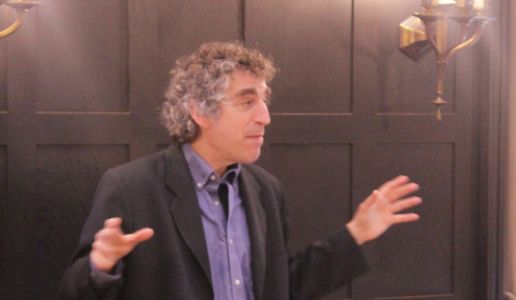Kirshner on the Return to Classical Realism
Jonathan Kirshner, the Stephen and Barbara Friedman Professor of International Political Economy at Cornell University, delivered a talk at the Frederick S. Pardee School of Global Studies at Boston University on his support of the theory of classical realism in international relations.
The March 29, 2016, entitled “From the Weight of History to the Unwritten Future: The (Re)Turn to Classical Realism,” also focused on flaws of the theories of structural realism and hyper-rationalism.
Kirshner prefaced his argument by saying he does not view classical realism as the singular correct approach to international politics, but as a promising and under-appreciated perspective.
“There are a multiplicity of paradigmatic possibilities, I’m not looking to replace one mono-culture with another mono-culture,” Kirshner said. “I would not favor converging toward one paradigmatic approach to the study of world politics; perhaps I want to thin the herd of a few sacred cows, but I want to distinguish between my critiques of other perspectives and my articulation of classical realism.”
Kirshner argued that the influential “rationalist explanations for war” approach, which draws on rational expectations theory in economics, does not hold up, because actors in world politics do not share the same underlying model, as rational expectations theory requires.
“War is a plunge into radical uncertainty, and rational experts can and will disagree profoundly over expectations about its cost, course and consequences even in the most complete and symmetrical information environments imaginable,” Kirshner said. “When rational expectations work best is in situations of continuity–when the coming future will look most like the recent relevant past. Typically, diving into a war is an invitation into discontinuity.”
